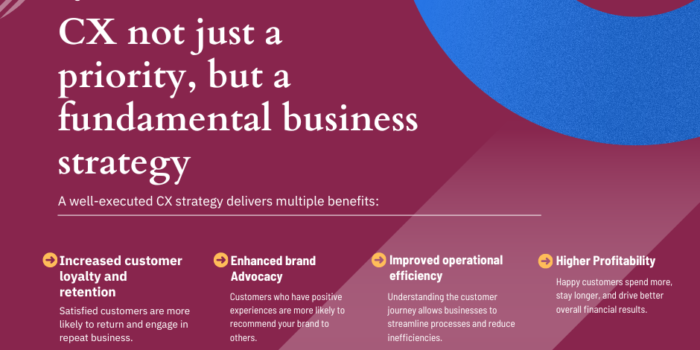In line with the United Nations’ Sustainable Development Goals 2030 and COP 27, as the countries pace up to meet the deadlines, similar trends are readily observed in the startup ecosystem. Competing on cutting-edge technology, companies are now leveraging sustainability to create a market foothold. Customer behavior, investment flows, and marketing have also successfully emulated a similar trend. Growing at a CAGR of 21.9%, the global sustainability market is set to reach $74.64 billion by 2030.
Trends as seen in the various sectors:
Worldwide, the sectors that have been able to garner the most interest include Agriculture & Food, Transportation, Energy & Utilities, Engineering & Construction, Consumer Goods & Retail, and Pharma & Health. With cross-regional relevance, employing innovation and technology for ecosystem protection, precision farming, and local and regional food are the leading trends witnessed in the Agriculture sector. On a similar note, major trends for sustainability across industries are heavily influenced by technological advancements and impact innovation. For instance, the urban transport transition is the sustainability hotspot for the automotive industry triggered by the ever-growing urban population. With billions of people entering the middle class in the coming years, the consumer goods and the retail sector presents a trend for sustainability serving the growing demand. As a result, recycling and reusing along with ensuring fair supply chain practices, are the core trends guiding sustainability in this industry. Understanding these sustainability trends is thus, essential for formulating subsequent strategies for companies.

Investment scenario:
The venture capitalist sentiment is skyrocketing with sustainability investments listed at the top of the list. Accelerated by the pandemic, the world witnessed a soaring inflow in the sustainability market. Climate Tech solutions have the maximum investment levels of all, witnessing an $87.5 billion inflow between July 2020 to June 2021. It has been able to witness 3 times more investment into Artificial Intelligence and an overall 5 times more than average growth in Venture Capital. Envisioning net-zero emissions and negative climate consequences, sustainability market investments are on the rise. With the global green bond market forecasted to reach $2.36 trillion by 2023, the push for a sustainable economy is more than ever, mainstream.
New Technologies:
Of the total 260 million tons of plastic waste generated across the globe, only 16% gets recycled. Tackling plastic pollution is thus, a significant factor that many startups and companies are readily addressing. One of the most promising technologies employed is pyrolysis, which uses heat and the absence of oxygen to reconvert plastic waste back into liquid feedstock. Providing environmental impact, the recycling pool also constitutes a broad profit pool estimated at $55 billion by the next ten years. Renewable energy solutions have seen significant advancements in recent years. Startups are now basing their efforts on creating renewable energy utilizing waste residue like, fly ash and advanced technological innovations in photovoltaics, bioenergy, and robotics and further creating distributed energy storage systems by using blockchain technology. Decarbonization technologies are also at the forefront of witnessing major advancements in driving sustainability. Electric mobility, emissions-intelligent innovations, climate-positive food, and low carbon-intensive materials, are the significant advances seen in the sustainability industry worldwide.
Time to speed up the change:
With the pandemic setting back the rate of transformation, there remains a dire need for accelerating efforts toward active sustainable goals. Making the supply chain more resilient and sustainable, followed by integrating digital transformation and efforts to strengthen global ecosystems in due time are some of the major milestones that need to be achieved.






 Market Research
Market Research Consumer Research
Consumer Research Industry Research
Industry Research Market Entry Strategy
Market Entry Strategy Feasibility Studies
Feasibility Studies Product Research
Product Research User Research
User Research Automobile & Mobility
Automobile & Mobility Banking and Finance
Banking and Finance Consumer Products & FMCG
Consumer Products & FMCG Ecommerce & Retail
Ecommerce & Retail Industry & Manufacturing
Industry & Manufacturing Government & Public Sector
Government & Public Sector Industry Associations
Industry Associations Technology & Software
Technology & Software Venture Capital & PE
Venture Capital & PE Consulting & Advisory
Consulting & Advisory India Entry Market Research
India Entry Market Research Innovation Consulting
Innovation Consulting KX Market Radar
KX Market Radar Business Model Development
Business Model Development Gen Z Navigator
Gen Z Navigator